CENTENNIAL, Colo. — For the last several months a new face has walked the halls of the Drug Enforcement Administration’s (DEA) Rocky Mountain Division.
"My name is Brian Besser. I'm the special agent in charge.”
Besser arrived in Colorado back in March. And in his role, he covers The Rocky Mountain West.
“I am responsible for DEA enforcement operations and regulatory administrative responsibilities in Colorado, Utah, Wyoming, and Montana,” Besser said.
He calls his 31st year in law enforcement 'challenging."
“We are literally in the midst of the worst drug threat this country has known in my career," he said. "It's the worst public health crisis I’ve ever experienced."

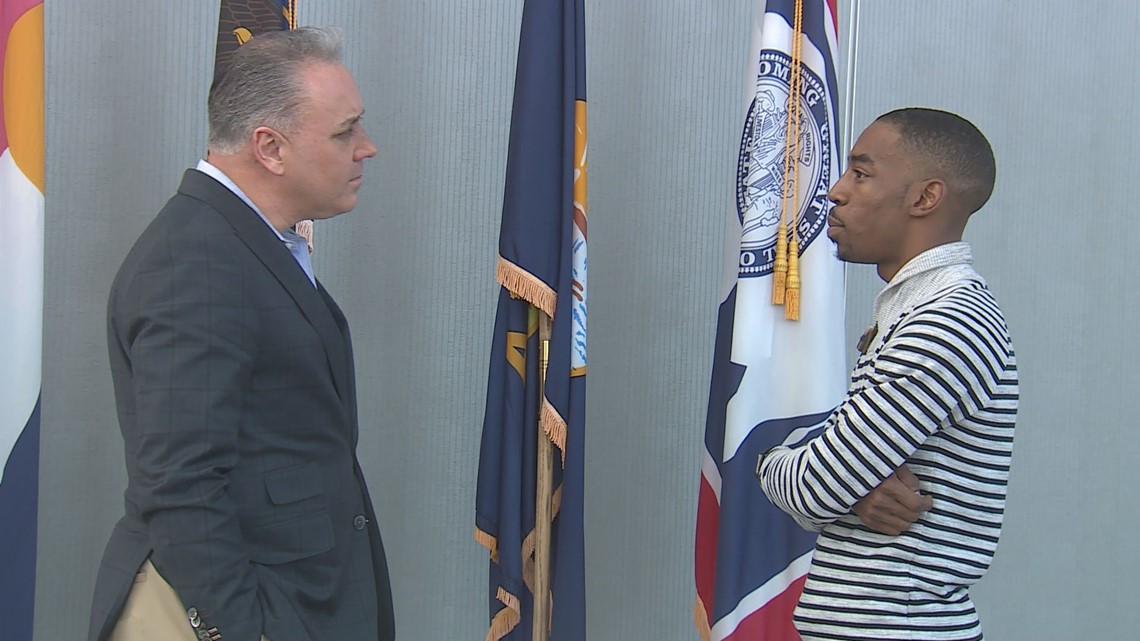
It’s a crisis that began as the opioid epidemic and has now morphed into one involving fentanyl.
"For the first time in my career, we've experienced an oversaturated drug market,” he said.
An oversaturated drug market means the drugs are cheaper and more widely available. The DEA says 50 million fentanyl-laced pills have been seized in 2022.

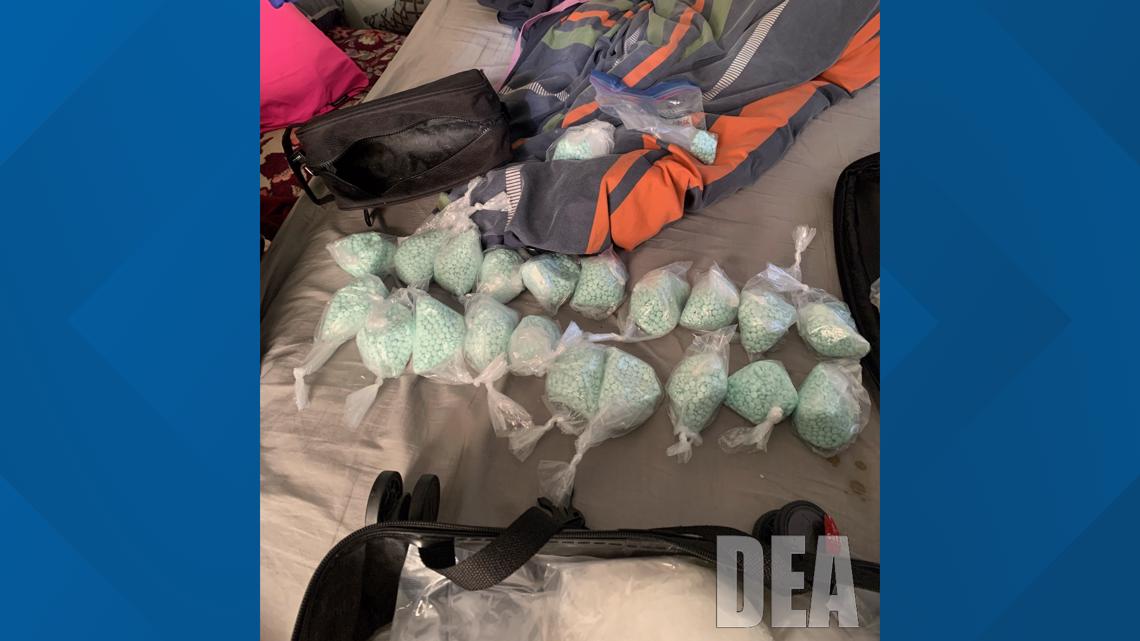
"That 50 million pills equates roughly to about 379 potentially lethal doses of fentanyl,” Besser said.
So that’s 379 million lives possibly saved as a result of the seizures. Nearly six million of those fentanyl-laced pills were seized in Colorado.
“This epidemic has absolutely no socio-economic barriers. There's just no boundaries,” he said.
Before the holidays, Besser wanted to connect with families impacted by fentanyl in a first-of-its-kind family summit. The goal was to learn and listen to their hearts and their minds.

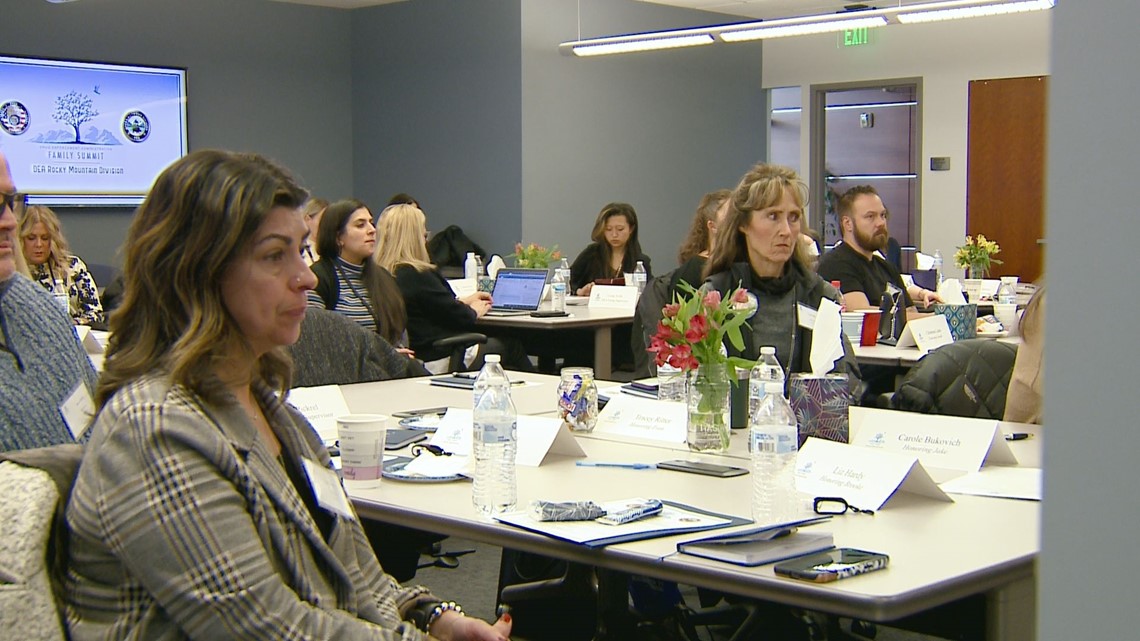
"When you gather 13 families into a room, and there's tears, and there's heartache, and there's pain in their stories," Besser said.
He and the other DEA agents learned something. And if there’s one word that resonates after the summit, it's loss.
"It would be loss. We're seeing so much needless loss," Besser said. "Many of these parents came in, and they self admittedly noted that before they lost their child .. they didn't even know what fentanyl was."
That sentiment was shared time and time again this year.

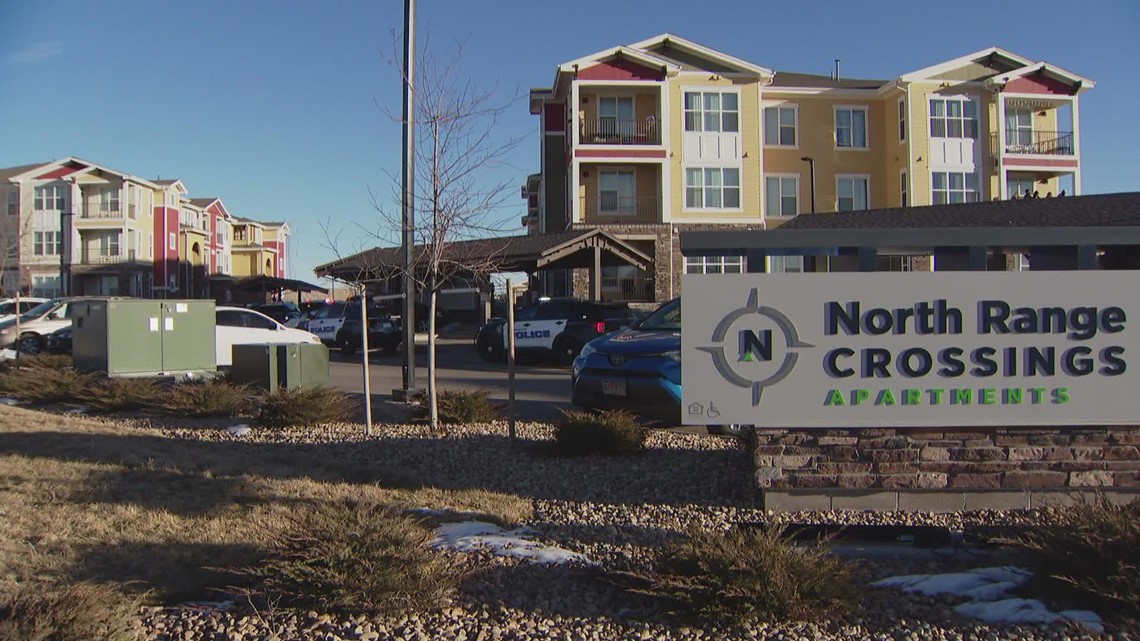
On Feb. 20, five people died in a Commerce City apartment after ingesting cocaine laced with fentanyl. One of the victims, 28-year-old Karina Rodriguez.
"My daughter may have made a poor choice that night…you know her and my son-in-law and their friends but, they thought they were going to have some fun, but they died.” said Debby Garcia who is Rodriguez's mother. "They all died."


The others killed in February were identified as:
- Sabas Marquez, 24
- Humberto Arroyo-Ledezma, 32
- Stephine Monroe, 29
- Jennifer Cunningham, 32
Feliz Sanchez-Garcia, the sister of Rodriguez, called what happened to them murder, but prosecutors said there is not evidence to charge anyone in the case.
"Killing people who have no idea that that's what they're getting and that's what they're into," she said. "And they don't even get the chance to say…oh I messed up.”
Sanchez-Garcia has become an advocate with the Voices for Awareness group, which has been vocal about the dangers of fentanyl. She has also testified at Colorado’s Capitol since her sister’s passing.

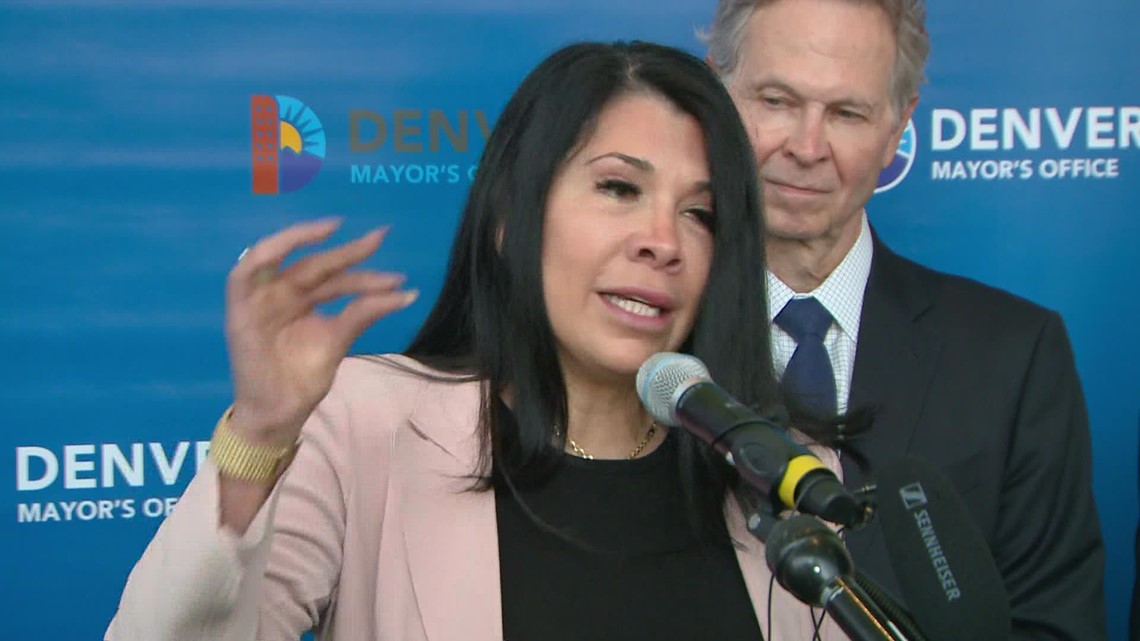
Andrea Thomas founded Voices for Awareness after losing her own daughter in 2018 in the Grand Junction area.
Ashley Romero died on June 11 of that year after taking half of an oxycodone pill that she didn’t know was laced with fentanyl.
"We didn't know. And didn't know that 10 days later she would be dead by something so small, something so minute. That’s shocking, that your world can change so fast,” Thomas said.

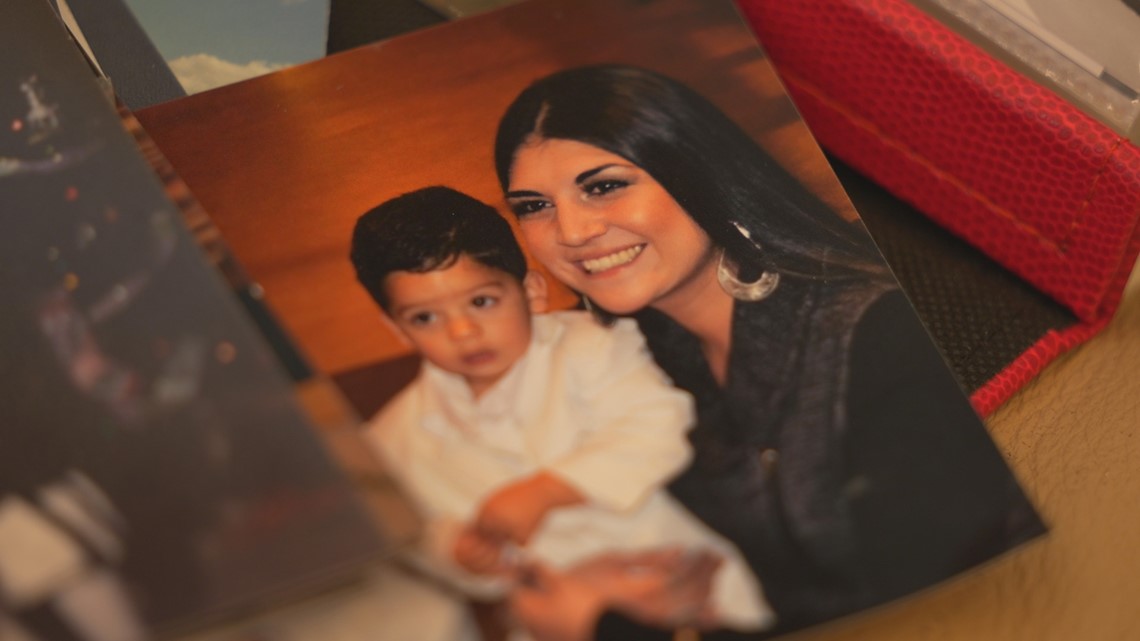
Their loss and lack of knowledge about the drug has helped push authorities to learn more about fentanyl and what can be done to combat the issue.
“Eighteen months ago, I had never heard of fentanyl. Now it is something that we talk about every day in the United States Attorney's Office,” said Colorado United States Attorney, Cole Finnegan.
The conversation is something Besser wants to change and expand.
“If we were losing 108,000 people a year to firearms, or DUIs, there would be an outcry on the capitol steps. Right? We've lost 108,000 people to drug-related overdose deaths. And the problem is significant. It's egregious,” he said.
Statistics show that 108,000 lives were lost to drug-related overdoses or poisonings in 2021. It's a number Besser hopes to drive down along with the growing demand for the deadly drug.
“My goal, my hope, is just to see a reduction in loss. I'd like to see for the first time in a decade, the numbers start to go down" Besser said. "That's what I’d like to see whether they will or not, I don't know."
What he does know, the 13 families in the room aren't alone. There are others who haven't opened up yet.
"So my message to them is we're here the DEA, Rocky Mountain Division is here for you,” Besser said.
While numbers continue to rise Colorado has made some strides to combat the epidemic. In May Gov. Jared Polis (D-Colorado) signed a bill into law creating harsher penalties for dealing and possession of a substance containing fentanyl.
Part of the bill immediately became law. The other portion takes effect on Jan. 1, 2023. It's important to note, the state and city of Denver have multiple programs for free naloxone which can reverse a drug overdose.
SUGGESTED VIDEOS: Fentanyl in Colorado

